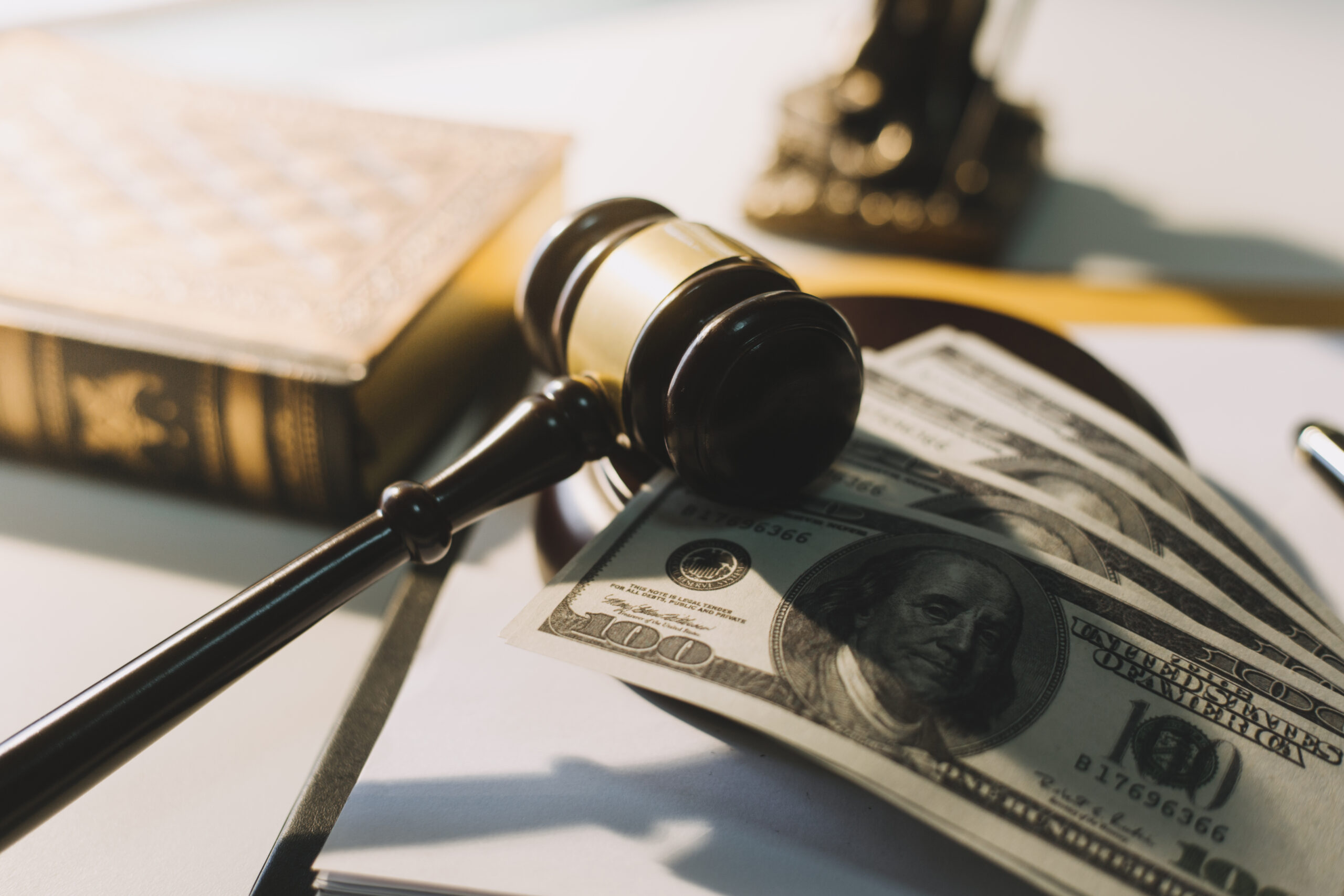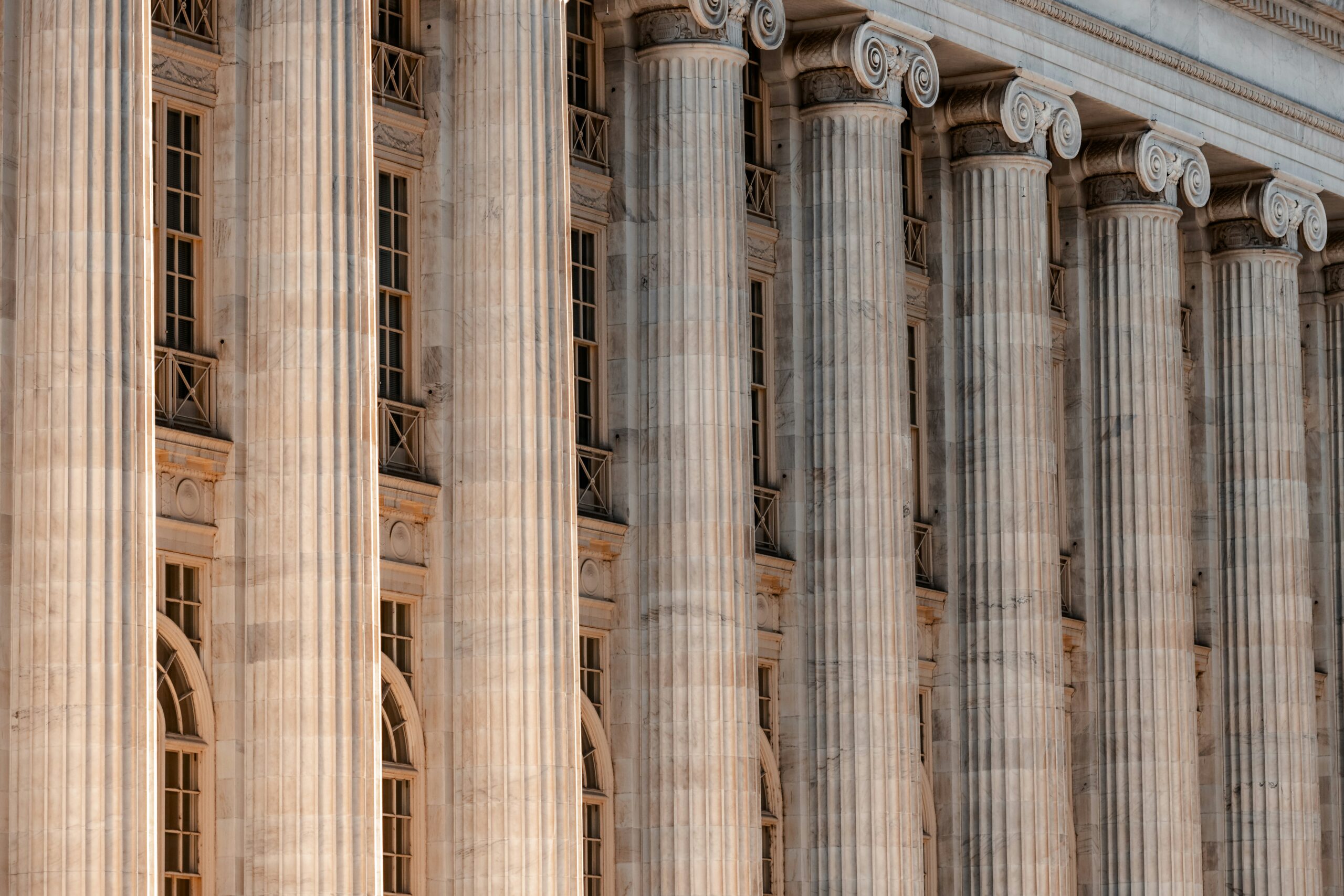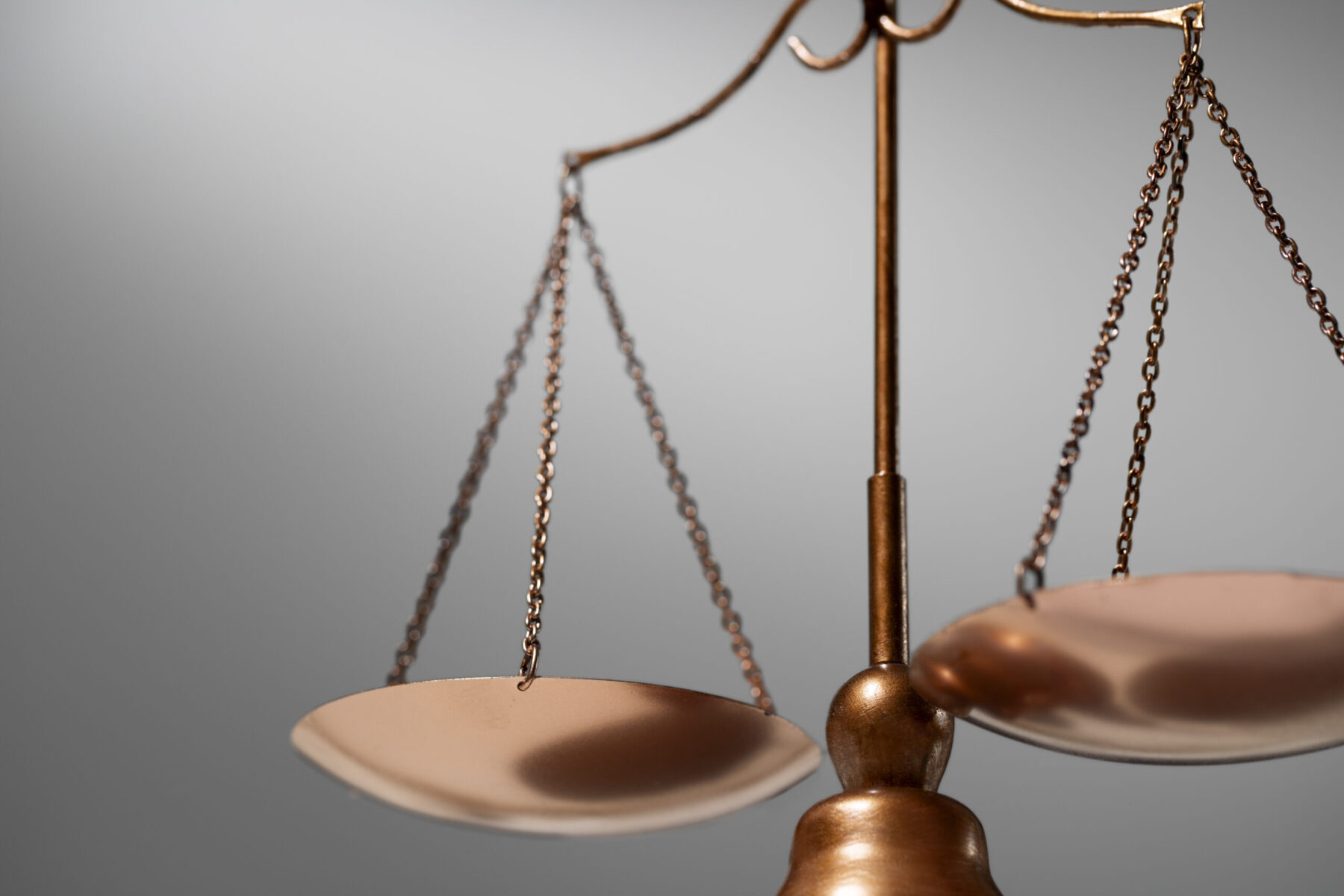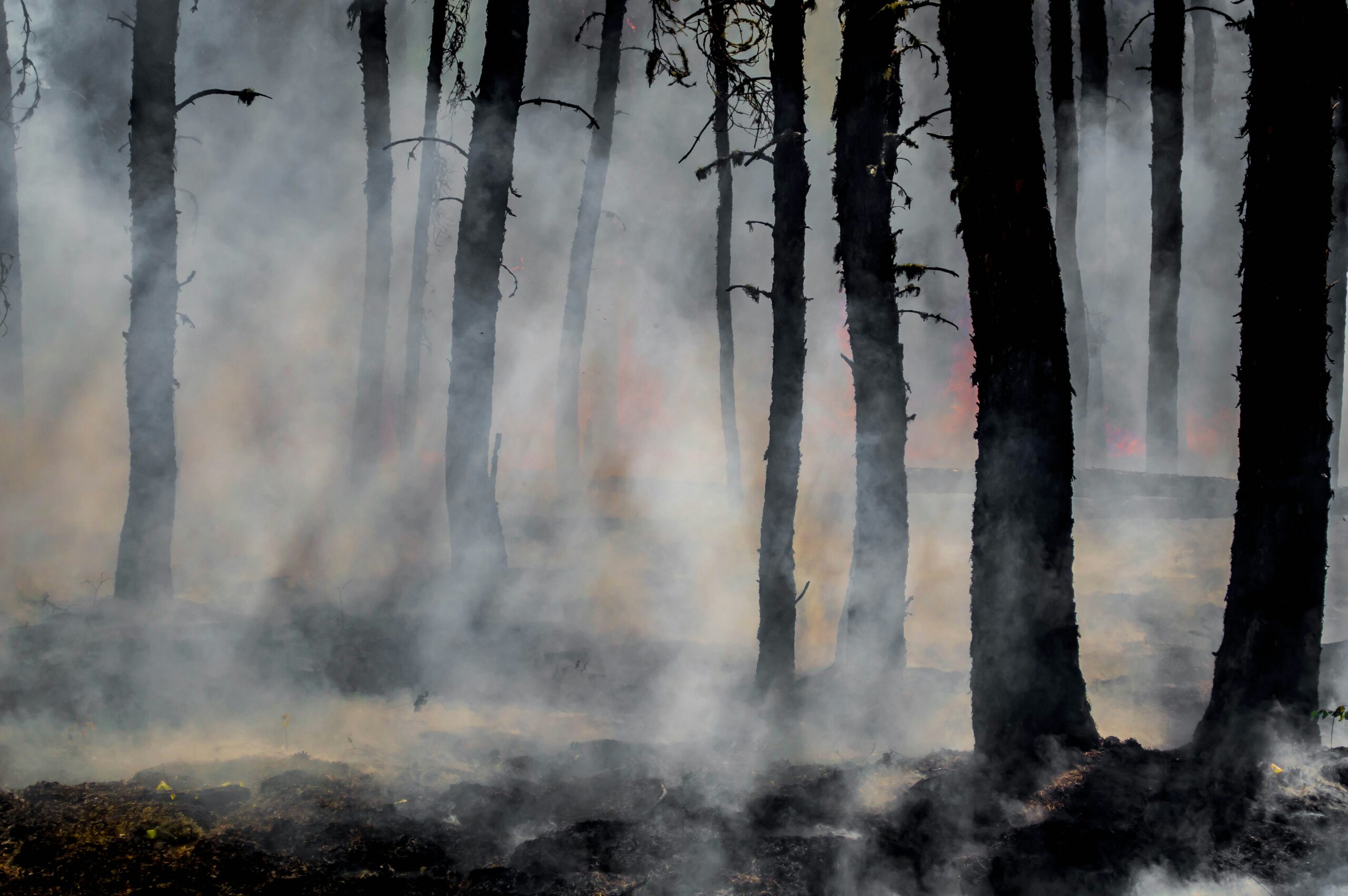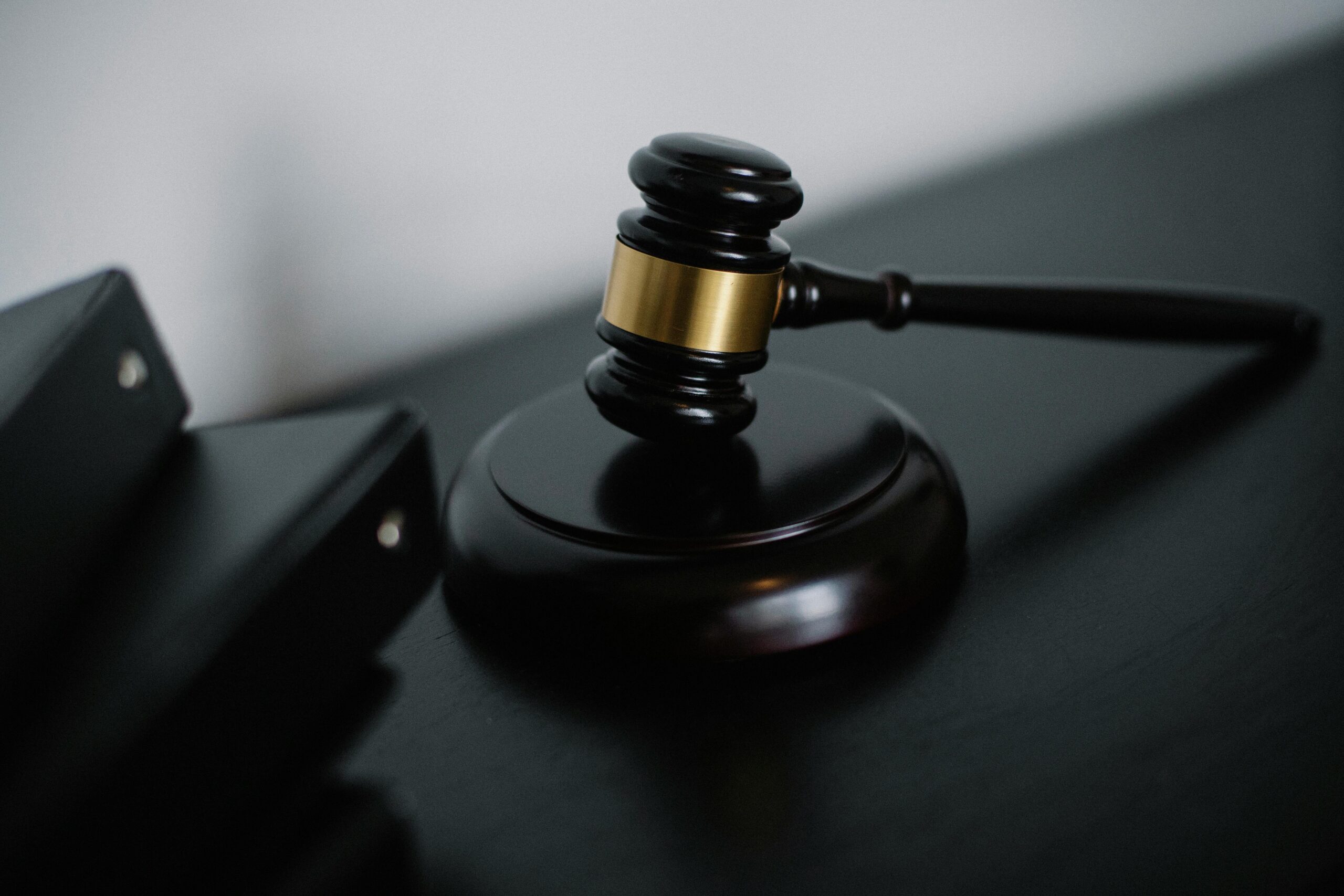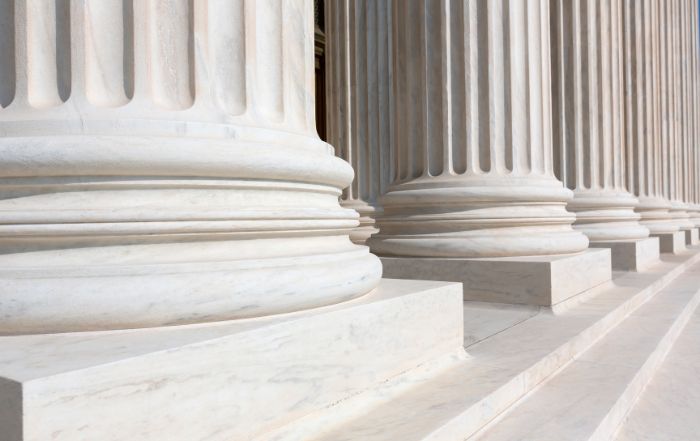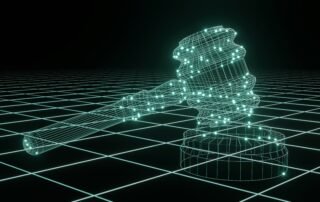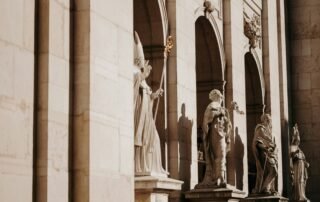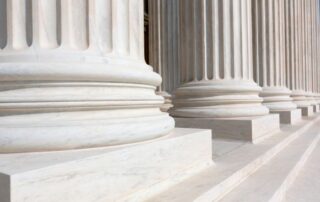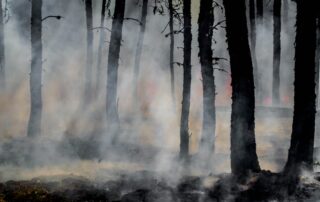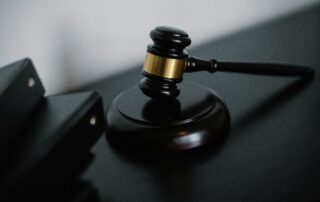Emerging Litigation Podcast
Insurance Coverage Litigation’s Modern Mayhem with Jeremy Moseley on the Emerging Litigation Podcast
Insurance coverage litigation isn’t what it used to be. In this episode of the Emerging Litigation Podcast, Jeremy Moseley of Spencer Fane unpacks how automation, AI, climate change, and “social inflation” are reshaping risks and fueling high-stakes disputes. From thermonuclear verdicts to dangerous policy gaps, Jeremy offers sharp, practical insights into what insurers, policyholders, and lawyers should expect next.
Artificial Intelligence Meets Copyright Law with Ryan Phelan and Tiffany Gehrke on the Emerging Litigation Podcast
What happens when artificial intelligence collides with copyright law? In this episode of the Emerging Litigation Podcast, intellectual property attorneys Ryan Phelan and Tiffany Gehrke of Marshall, Gerstein & Borun LLP unpack two landmark court decisions on fair use and AI training data. They explain why courts found AI training to be “transformative use,” how judges are treating legally obtained versus pirated data, and why algorithmic outputs could be the real battleground ahead. With deep expertise in technology and IP law, Ryan and Tiffany offer practical insights into how these rulings may shape the future of AI, copyright, and innovation.
CEO Depositions and the Apex Doctrine with Rachel Lary on the Emerging Litigation Podcast
Can a CEO be forced to sit for a deposition? In this episode of the Emerging Litigation Podcast, national trial lawyer Rachel M. Lary of Lightfoot, Franklin & White unpacks the Apex Doctrine—a legal standard designed to shield high-ranking executives from unnecessary depositions. Rachel explains how courts assess executive knowledge, alternative discovery options, and the growing body of case law shaping this issue across jurisdictions. A must-listen for litigators navigating discovery strategy in high-stakes cases.
A Shameless Plug for Our Content Services
Your content marketing is everything you’ve ever dreamed of. Right?

Critical Legal Content was founded by Tom Hagy, former Editor & Publisher of Mealey’s Litigation Reports and VP at LexisNexis, founder of HB, current litigation podcaster and editor-in-chief. CLC’s mission is to help smaller firms and service providers not only create content — blogs, articles, papers, webinars, podcasts (like the stuff on this site) — but also to get it out there. How? Via social media, this website, your website, and potential via our podcast and journal which we publish in collaboration with vLex Fastcase and Law Street Media. The goal is to attract readers and dizzy them with your brilliance.
*Inspired by actual events.
Create content like a real legal publisher.
Emerging Litigation Journal
HB Environmental Update Monday, Dec. 15, 2025 | Feds Step Back, States Step In, Courts Push Back, EPA Wavers
We’re in an age when deregulation hawks in just about every sector are getting what they’ve asked for. That includes environmental protection, something many of us have taken for granted, as we watch federal measures undergo a dramatic unwinding at a time when the scientific community agrees more should be done, not less, to safeguard the planet. Federal agencies are retreating from aggressive enforcement, states are asserting new authority, and courts—both state and federal—are emerging as decisive arbiters of climate and energy policy. The result is a patchwork of obligations and opportunities that lawyers, corporations, and communities must navigate with increasing urgency. This week’s developments underscore the trend.
The DOJ’s Antitrust Whistleblower Rewards Program 2025 : Take the CLE Webinar
The Department of Justice’s new Antitrust Whistleblower Rewards Program is reshaping how insider reporting is incentivized in fraud-related antitrust cases. In this CLE webinar, leading whistleblower attorney Julie Bracker and veteran antitrust litigator Dan Mogin explain how the program works, who qualifies, and what types of violations may lead to monetary awards of up to 30% of criminal fines. The session covers whistleblower protections, antitrust enforcement fundamentals, strategic considerations, and current DOJ priorities—offering essential guidance for counsel navigating this rapidly evolving enforcement landscape.
Maryland Child Victims Act: Defending & Pursuing Insurance Coverage for Abuse Claims | Get CLE
Maryland’s Child Victims Act has opened the door to a surge of revived abuse claims, raising significant challenges for institutions, insurers, and counsel. In this CLE webinar, Cameron Argetsinger, Brian Della Torre, Glen Feinberg, and Sean Gugerty examine the law’s key provisions, emerging litigation trends, and complex insurance coverage issues. The program explores liability risks for schools, nonprofits, and religious organizations, and offers practical guidance on locating historic policies, managing notice obligations, and navigating insurer defenses. Essential insight for anyone handling CVA-related litigation or insurance recovery.
HB Webinars on CeriFi LegalEdge
Catastrophic Wildfires Recovery – Get the Most from Your Insurance Coverage
Take this CLE webinar and gain a better understanding of the complex insurance coverage and remediation issues arising from wildfire disasters, including property damage claims under commercial all-risk and homeowners insurance, valuation provisions like replacement cost and ACV, and time element coverages such as business income loss, civil authority coverage, and additional living expenses. We feature experienced insurance recovery attorneys Dennis Artese, Marshall Gilinsky, and Joshua Gold of Anderson Kill, P.C. Take it now or when you're ready. It's on demand!
Class Action Defense: Key Developments on the Arbitration Front
Gain a better understanding of the key developments on the arbitration front related to class action defense, including the key U.S. Supreme Court rulings shaping the litigation landscape and the main arbitration trends to remain vigilant for on a CLE webinar featuring experienced class action defense attorneys Gerald L. Maatman, Jr. and Eden E. Anderson. Register today!
Trends and Strategies in Wage & Hour Class and Collective Actions
Gain a better understanding of the Fair Labor Standards Act (FLSA) and wage and hour collective actions, get up to date on significant trends and recent key settlements in this area of law, and grasp the main considerations for conditional class certification and decertification and the key collective action rulings handed down in 2023 on a CLE webinar featuring experienced class action defense litigators Gerald L. Maatman, Jr., Jennifer A. Riley, and Greg Tsonis. Sign up today!




